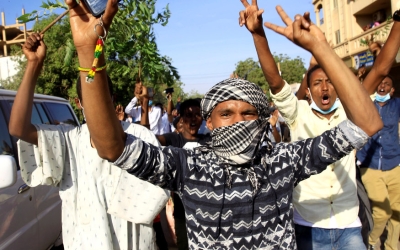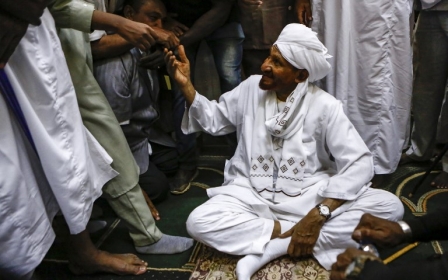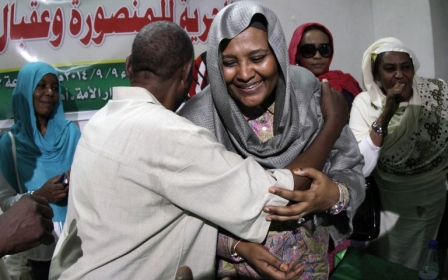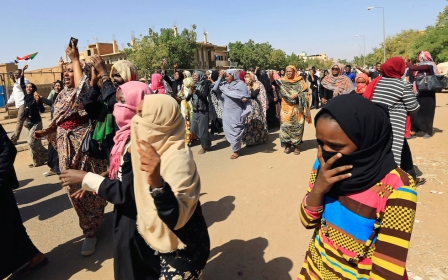Sudanese forces suppress anti-government protests in Omdurman
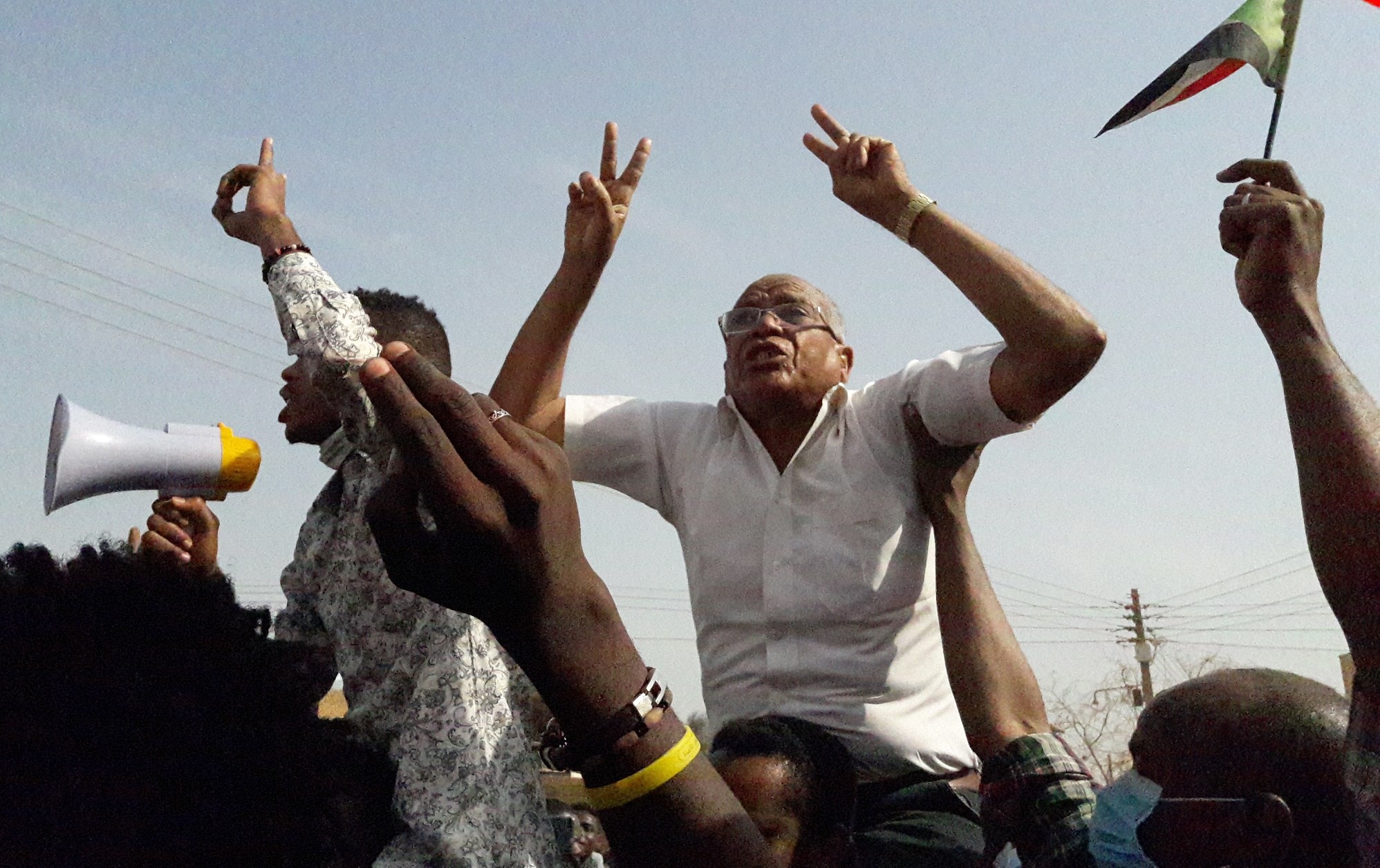
Sudanese police fired tear gas at hundreds of protesters in Omdurman on Friday witnesses said, in the latest of more than a month of anti-government demonstrations.
Demonstrators, frustrated by an ever-worsening economic crisis, have been on the streets near-daily since 19 December calling for an end to the 30-year rule of President Omar al-Bashir.
The protesters, who began demonstrating after weekly Muslim prayers on Friday in Omdurman, located just across the Nile from Khartoum, chanted "Fall, that is all" - which has become the main rallying cry for Bashir to step down.
They also chanted: "Freedom, peace, justice" and "Revolution is the people's choice", witnesses said.
Since the beginning of demonstrations, security forces used live ammunition to disperse protesters on a number of occasions. Rights groups say at least 50 people have been killed in more than six weeks of protests. The government puts the death toll at 30, including two security personnel.
Human rights groups say Sudan's powerful intelligence agency, NISS, has arrested more than 1,000 people since the protests first erupted, including protesters, opposition leaders, activists and journalists, as part of the state's clampdown on the demonstrations.
On Wednesday, security forces detained deputy leader of Sudan's main opposition National Umma party, Mariam Sadig al-Mahdi - days after the party's head, her father Sadig al-Mahdi, declared his support for growing anti-government protests.
The protests in December began in the city of Atbara, where hundreds protested against price rises and torched the local headquarters of Bashir's ruling National Congress Party. They have since swelled to become the most sustained street opposition Bashir has faced in power.
Striking a defiant tone on Thursday, Bashir told supporters in the provincial capital of Kassala: "Changing the government and changing the president will not be through WhatsApp nor Facebook, but will be through the ballot box."
Since the early days of the protests, Sudanese internet providers have been restricting the use of social media applications that have been used to spread information, according to internet rights advocates NetBlocks.
Bashir’s comments came as he told supporters in the eastern town of Kassala that he was re-opening the Sudanese-Eritrea border, which has been closed for a year.
The border was ordered closed in January last year following Bashir's declaration of emergencies in the states of Kassala and North Kordofan, reportedly to round up illegal weapons in the two states.
Thousands of Eritreans used the border with Sudan to flee their government and its policy of indefinite military service, which it pledged to end last year, then travel northwards for dangerous journeys crossing the Mediterranean to Europe.
Middle East Eye propose une couverture et une analyse indépendantes et incomparables du Moyen-Orient, de l’Afrique du Nord et d’autres régions du monde. Pour en savoir plus sur la reprise de ce contenu et les frais qui s’appliquent, veuillez remplir ce formulaire [en anglais]. Pour en savoir plus sur MEE, cliquez ici [en anglais].


